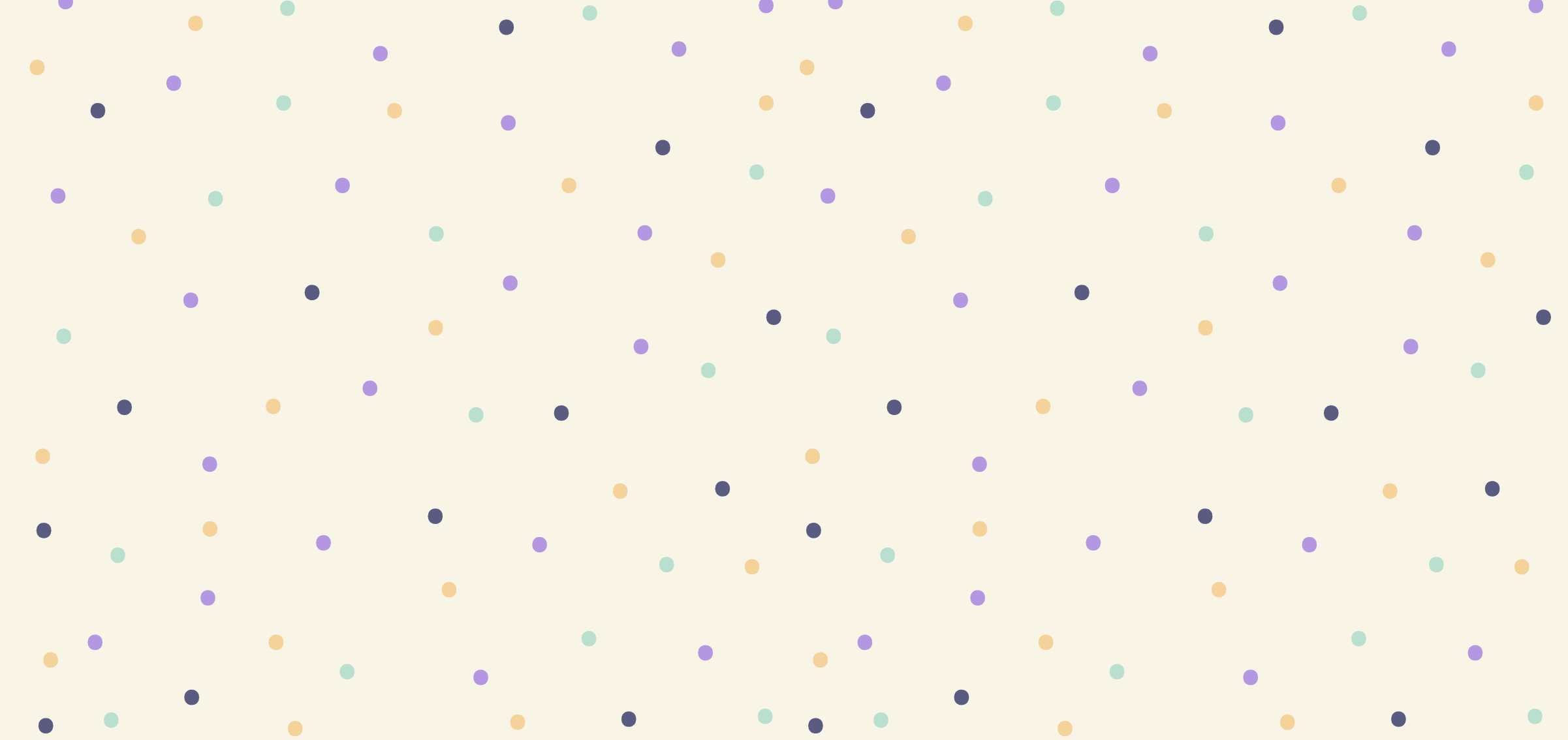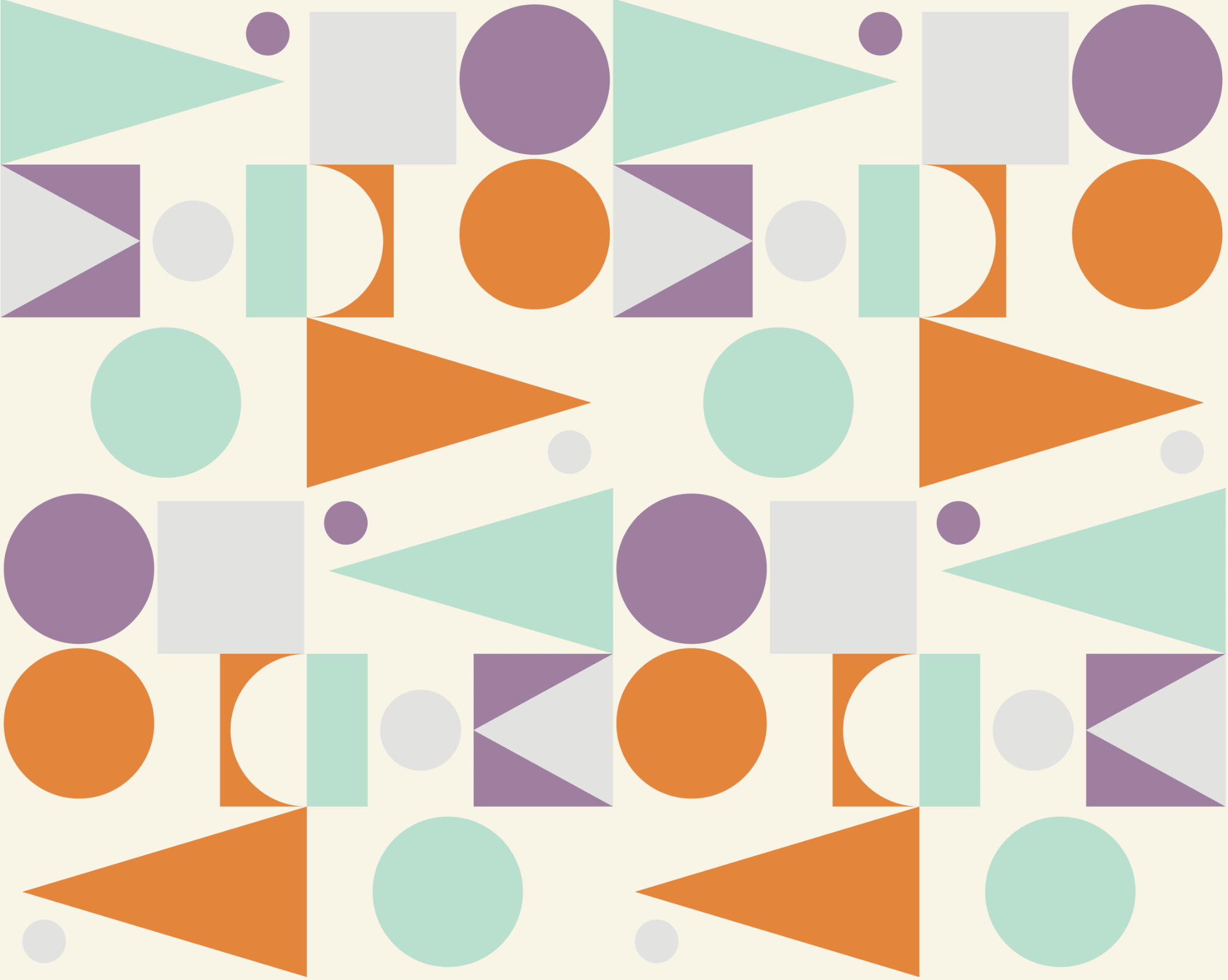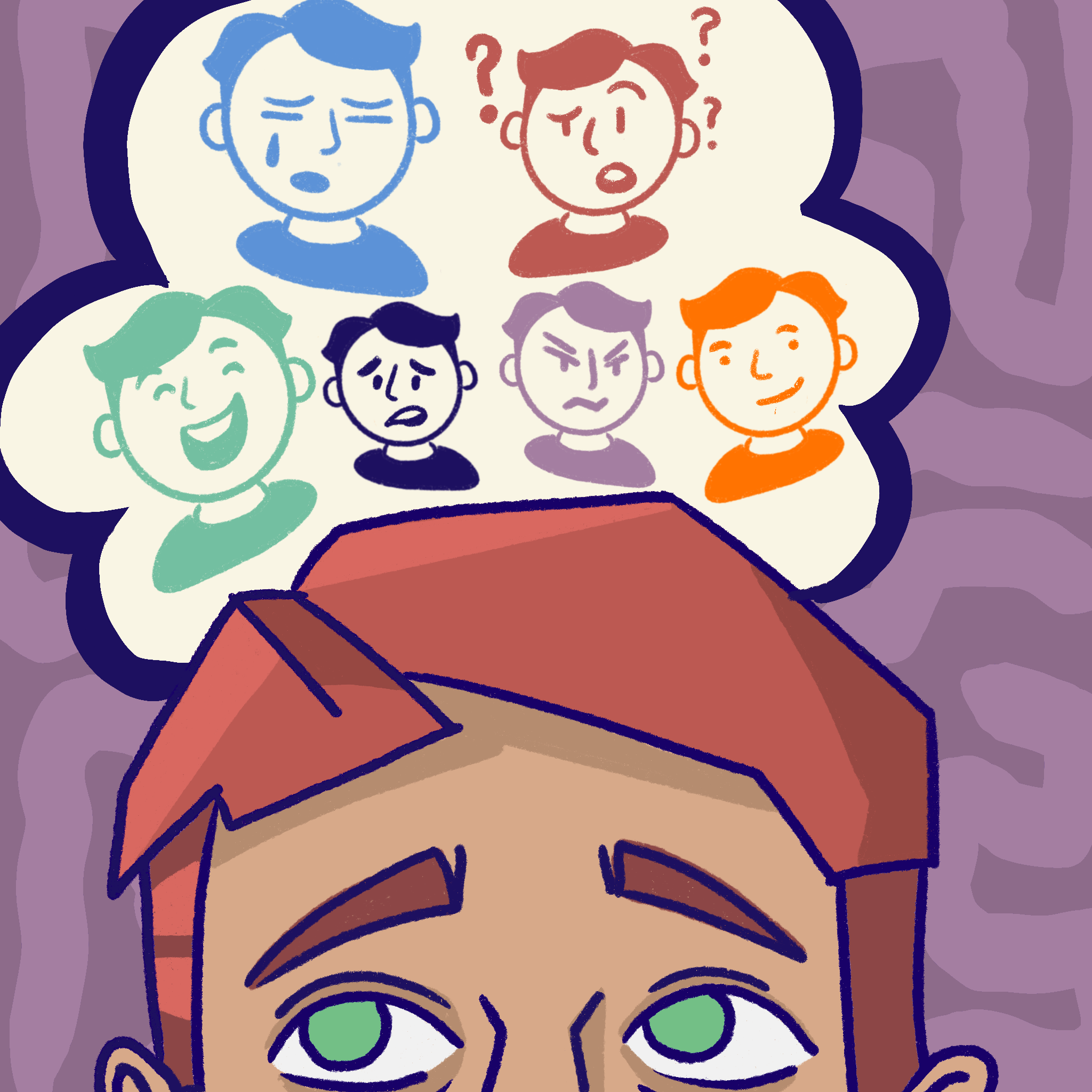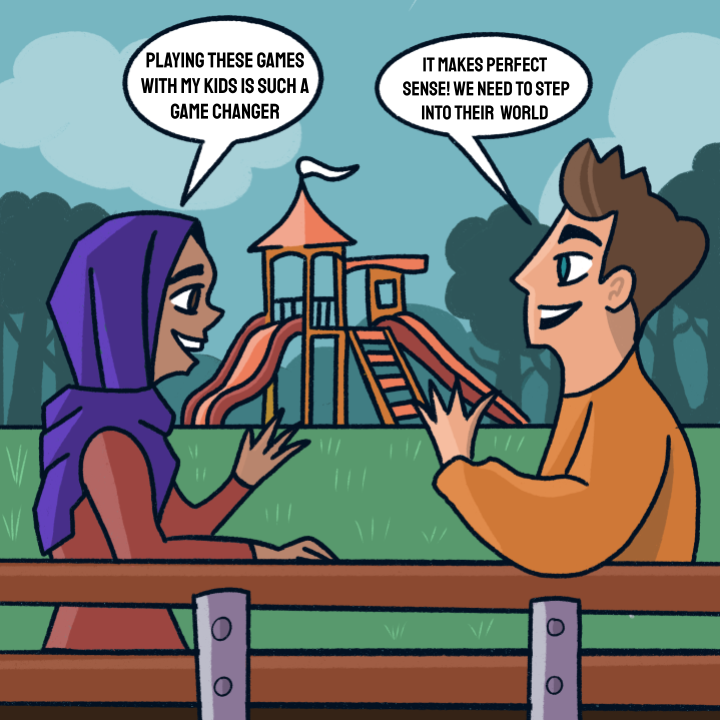
About the Game
Roblox Squad Builders is a facilitator-led psycho-educational game that uses high-interest Roblox video games and social scripts to support social and emotional learning and developing/strengthening executive skills.
It aims to offer neurodiverse learners with game-based psycho-educational experiences that align with their unique profiles and areas of need, and tools and resources for their families and providers.
Facilitators can be any one of a number of service providers including psychotherapists, teachers, special educators, speech and language pathologists, occupational therapists, or after-school activity providers.

Roblox Squad Builders is a facilitator-led, small group therapeutic experience that is centered around Roblox.
A two-part session consists of two to four kids playing through mini-games, social scenarios and cooperative problem solving designed to elicit responses that encourage social emotional learning, increased self-awareness, self-regulation, and perspective-taking, followed by a post-discussion led by a facilitator to unpack and explore these situations and how kids might best respond to them.
RSB serves as a bridge for developing social and emotional problem solving skills that can be generalized to other settings.
Serious Skills, Seriously Fun ★
Serious Skills, Seriously Fun ★
What parents are saying:
“Roblox Squad Builders finally got my kid to talk about emotions and feelings.”
“As a non-gamer, RSB is helping me understand why my kid is so drawn to games.”
”I feel good that a specialist is facilitating the RSB experience.”
“RSB highlighted some of my kid’s hidden talents- I had no idea that she could build such cool spaces (or be so funny).”
”My kid actually wants to go to Roblox Squad Builders groups.”
“My kid has a community with other neurodiverse kids.”

More About the Game
-
Michelle Horton, PhD, has an over 30 year career working with neurodiverse children and their families. She has found that often traditional assessment and treatment approaches are not effective for neurodiverse learners and has had the idea of incorporating interactive media and games for a number of years.
Bill Mooney, JD, has worked in video games for 25 years, and met Michelle in the course of professional consultation as a parent.
Bill and Michelle discussed collaborating to develop a therapist-led, high-interest game-based group experience to support neurodiverse students with social and emotional learning, and executive skills. Given Bill’s tech background and involvement in game development including Roblox which is a popular game among many neurodiverse students of all ages, they explored the possibility of developing an approach that incorporated Roblox games. They brought together an interdisciplinary team with skills in psychology, special education, technology and the arts. Over a course of several years, the team experimented with different interactive formats, piloted groups and collaborated with students and parents, and Roblox Squad Builders evolved. Parents and kids who participated raved about their experiences and Outside the Box Studios (OBS) was formed.
-
RSB fundamentally taps 3 core needs:
1. It provides an interactive and collaborative therapeutic group experience that neurodiverse students are motivated to participate in because of the high-interest nature of the video game activity and the opportunities that it provides for them to showcase hidden talents that have been obscured in more traditional psycho-educational settings.
2) It provides neurodiverse students with a safe therapeutic space to develop and practice social and emotional, and executive skills that can eventually be generalized to other settings; thus, RSB supports skill-building and also serves as a bridge.
3) It provides neurodiverse students with opportunities to build community via engaging in an activity of shared interest.
RSB is divided into 3 parts:
1. Facilitator-led group sessions where the group reviews and comments on amusing but realistic social situations that involve core social skills and executive functions. Participants interact with scenarios designed to elicit reflection and discussion, particularly relating to emotional responses (which are typically very difficult for neurodiverse kids to access and reflect upon).
2. Participants play mini-Roblox video games that require them to work together, problem-solve, and communicate while doing so.
3. Group discussion that requires them to transition from a preferred to a non-preferred activity, to self-regulate, and to self-reflect upon their group experience increasing self-awareness regarding group process and individual skill development.
-
RSB is suitable for elementary and middle school students, and some high school students- basically, interest in Roblox is the common denominator. Social scenarios can be adapted for different age groups and levels of social and emotional development.
-
Yes, Michelle and Gavin have run multiple pilot groups out of Michelle’s private practice office in Oakland (elementary, middle school, and early high school). Kids have also extensively reviewed and commented on the social scenarios to ensure that they are engaging while still achieving therapeutic goals. Students also had input regarding the name of the intervention.
-
There are a lot of features that make this intervention entirely unique:
First, we selected a high interest activity to center the therapeutic interventions around vs. a contrived activity.
Second, we collaborated with neurodiverse students as we evolved RSB. That is, we didn’t assume that we knew what they needed or what the most effective approach was. Rather, the evolution of RSB was a collaborative effort. Thus, our approach was “bottom-up” vs. “top down” and as such, interactive, collaborative in nature (also discussed in Branding Questionnaire).
Third, through this collaborative process we learned about aspects of participant’s profiles that to date had not been gleaned through more traditional neuropsychological assessments and therapeutic assessments- especially in regard to hidden talents and emerging areas of strength.
Fourth, this therapeutic intervention is the only one that we are aware of where very experienced therapists and educators have partnered with game-makers who have made broadly successful and appealing products to create something accessible but new.
-
RSB provides a unique platform that supports kids to access emotional expression and executive function challenges in a way that is familiar and safe to them. For example, they comment on the actions and motivations of in-game characters rather than their own much more emotionally fraught experiences. Our experience is that kids express much more emotional and skill-based insight when asked about their own situations and can offer clever and “out of the box” (and often hilarious) solutions that are broadly applicable to their lives. The game setting also gives the therapist a way to have kids engage with each other and provide gentle guidance on effective interpersonal communication.
Experienced kids even have the ability to craft new scenarios (under supervision).
Finally, ROBLOX is a very familiar and accessible system to kids, which makes them more comfortable and allows greater mastery. The team has built many ROBLOX games and is able to adapt common game mechanics to therapeutic goals in a way that is engaging without offering distraction.
-
This modality is highly effective and one that kids WANT to engage in- parents routinely report that the kids are excited to participate in these sessions.
A secondary benefit is that parents who are not gamers can get insight into what kids find so compelling about games- insight into how the games allow decompression and strategies to move kids towards a healthier interaction with media.



